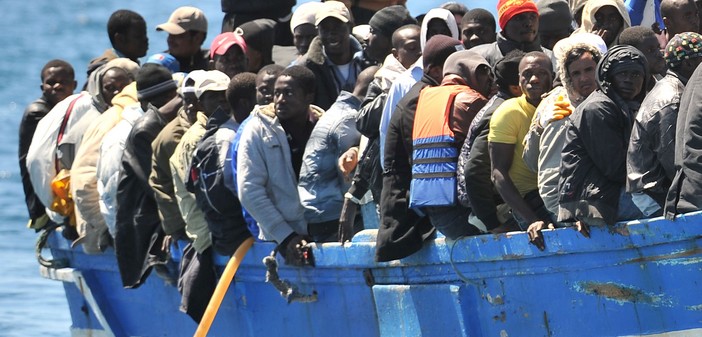One might have imagined, during the most acute phase of the Greek crisis, that Europe had shown its worst side.
The divide between proponents of orthodoxy and supporters of solidarity, to simplify, set Europeans against each other and endangered European integration.
Another crisis, also foreseen, has come to shake it. The wave of refugees arriving at its southeastern flank intensified in the spring, notably with the worsening conflict in Syria.
With its share of tragedies and numbers – nearly 2,500 deaths (mostly from drowning) in the first eight months of the year and more than 320,000 people entering Europe, according to the International Organization for Migration – certainly tests the hosting capacities of the Union’s countries.
But it has mainly revealed the contradictions of its asylum policy and the lack of leadership among its leaders, paralyzed by the crisis’s magnitude and quick to follow the fears of their constituents by emphasizing the security aspect of the issue.
Above all, it has brought to light another fracture within the EU, one much deeper and more threatening to the European project.
Notably within the Visegrad Group, which includes the countries of the former communist bloc, some have even expressed willingness to welcome only Christian refugees, more “integrable” as opposed to Muslims – an argument also put forth by populist and xenophobic movements in Western Europe.
Aside from preconceiving a distinction between “good” and “bad” refugees, which is contrary to the letter and spirit of the right of asylum, this attitude reveals a misunderstanding (or is it bad faith?) about the nature of those seeking refuge in Europe.
For the most part, they are not jihadists, but families from the middle classes fleeing war and repressive regimes, very similar to those who fled communist regimes in Central and Eastern Europe and whom Western Europe welcomed with open arms.
The fear of seeing their relatively ethnically and culturally homogeneous countries open up to multiculturalism as depicted by the media, with its share of riots, communalism, and even terrorism, would justify, in their eyes, hostility to any form of openness.
More seriously, it reveals a fracture within the Union regarding the very vision of what it represents and its future: is it destined to remain a community of essentially economic interests, or do we wish to aspire to a true common destiny based on values – solidarity, openness, secularism, tolerance, freedom – that we share?
In the face of the silence of European elites, which Berlin courageously broke by setting an example, part of the response came from civil society, which reacted to welcome the refugees with dignity. All over, mayors, associations, and ordinary citizens are mobilizing to provide material and moral support, reminding us that Europe is capable of the worst, but also of the best.


